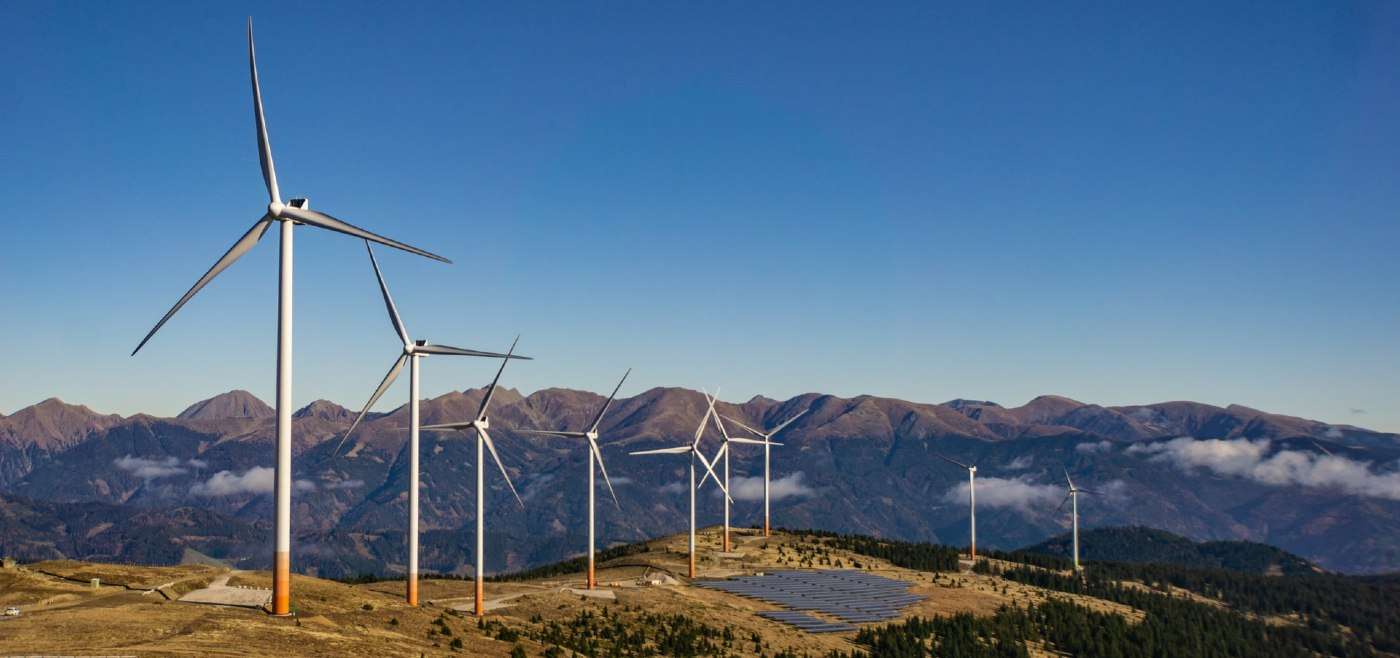Australia Sets Aside 30% of Land Mass to Protect its Unique Species
One of the most biologically diverse countries on Earth, so many of Australia's animals are found nowhere else on our planet.

In a stunning piece of accounting, solar, wind, and hydroelectric power supply was found to have met 100% of new power installations globally during the first half of the 2022.
This prevented a 4% increase in fossil-fuel generation, avoided $40 billion in fuel costs and 230 million tons of CO2 in emissions.
This was compiled in a report by a London energy think tank called Ember.
Across 75 countries representing 90% of global electricity demand, the report found that the renewable sources wind, solar, and hydro increased by 416 terawatt hours (TWh), slightly exceeding the rise in electricity demand itself at 389 TWh.
Essentially what the report showed is that anytime utility companies in 75 countries needed more electricity generation, they installed a renewable source. This didn't push out existing fossil fuel sources, but as WS has reported before, the increase in renewable energy across richer nations has enabled some of them, particularly Germany and Australia, to meet 100% of the electricity demand without ever needing to burn a cubic meter of gas.
This is because electricity demand varies throughout the day, and provided it doesn't exceed a certain limit, the input from renewables to the grid can sometimes be enough altogether.
Fossil fuel demand remained largely unchanged between the first six months of 2022 and the first six months of 2021, although they're likely to increase going into winter with the energy scarcity in Europe.
"The growth in wind and solar prevented a 4% rise in fossil fuel electricity generation worldwide," the report says in its executive summary. "In China, the growth in wind and solar enabled fossil fuel power to fall by 3%."
SHARE This Sunny News With Your Friends…
Be the first to comment